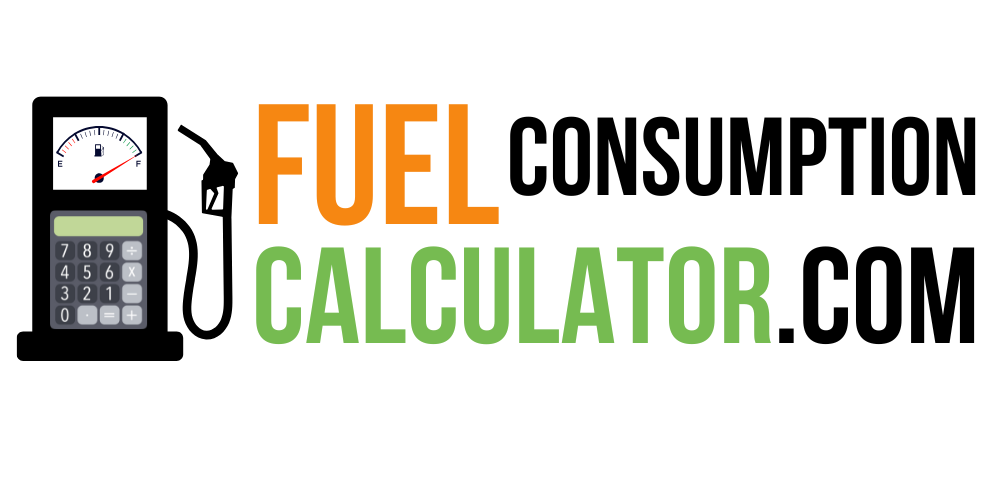Fuel Cost Estimator
Trip Cost Breakdown
How to Use Our Fuel Cost Calculator
Our calculator is designed for simplicity and accuracy. Follow these four easy steps to get your trip’s cost breakdown:
- Select Your Unit System: Choose between Metric (km, L) or Imperial (mi, gal) depending on your location and vehicle’s specifications. The labels will update automatically.
- Enter Your Trip Details:
- Trip Distance: The total one-way distance of your journey.
- Fuel Efficiency: Your vehicle’s consumption rate (either in Litres per 100km or Miles per Gallon). See our tips below if you’re unsure!
- Fuel Price: The current price per litre or gallon at the pump.
- Add Optional Details:
- Split Cost: Enter the total number of people (including the driver) to see the cost per person. Perfect for carpooling!
- Round Trip: Check this box if you want to calculate the cost for the return journey as well.
- Click “Calculate”: The tool will instantly display a detailed breakdown, including the total cost, fuel needed, and cost per person.
How to Find Your Vehicle’s Fuel Efficiency (MPG or L/100km)
If you don’t know your car’s exact fuel efficiency, here are a few simple ways to find it:
- Check the Owner’s Manual: Your vehicle’s handbook almost always lists the official fuel consumption figures.
- Look at the Dashboard: Many modern cars have an in-built trip computer that displays your average fuel consumption.
- Search Online: A quick search for your car’s make, model, and year + “fuel efficiency” (e.g., “2021 Honda Civic MPG”) will give you a reliable figure.
- Calculate It Manually: Fill your tank completely and reset your trip odometer. The next time you fill up, note the distance driven and the amount of fuel needed to refill the tank. Divide the distance by the fuel amount to get your exact efficiency.
Actionable Tips to Save Money on Fuel
Calculating your cost is the first step. The next is reducing it. Here are some proven tips to improve your fuel economy and save money on every trip:
- ✅ Drive Smoothly: Avoid aggressive acceleration and hard braking. Gentle driving can improve fuel efficiency by up to 30%.
- ✅ Maintain Proper Tire Pressure: Under-inflated tires increase rolling resistance and can significantly reduce your MPG. Check your tire pressure monthly.
- ✅ Reduce Weight: Don’t carry unnecessary heavy items in your car. The lighter the vehicle, the less fuel it uses.
- ✅ Limit Idling: An idling car gets 0 miles per gallon. Turn off the engine if you’ll be stopped for more than a minute.
- ✅ Plan Your Routes: Use GPS apps to find the most direct route and avoid traffic congestion, saving both time and fuel.
- ✅ Use Cruise Control: On highways, maintaining a constant speed with cruise control is more efficient than manual acceleration.
Frequently Asked Questions (FAQ)
Q: What’s the difference between MPG and L/100km?
A: MPG (Miles Per Gallon) is an Imperial unit measuring how far a car can travel on one gallon of fuel. L/100km (Litres per 100 kilometers) is a Metric unit measuring how many litres of fuel a car needs to travel 100 kilometers. Remember: for MPG, a higher number is better. For L/100km, a lower number is better.
Q: Can I use this calculator for a diesel vehicle?
A: Yes, absolutely! The calculation formula is the same for both gasoline (petrol) and diesel. Just enter your vehicle’s diesel efficiency rating and the current price of diesel fuel.
Q: Does this calculator work for electric vehicles (EVs)?
A: This specific calculator is designed for internal combustion engines (gasoline and diesel). Calculating EV costs requires different inputs, such as electricity price (per kWh) and the vehicle’s efficiency (in kWh/100km or kWh/100mi).
Q: How accurate is the estimate?
A: The calculation is as accurate as the data you provide. Real-world factors like traffic, terrain (hills), weather, and your personal driving style can slightly affect actual fuel consumption. This tool provides a highly reliable baseline for budgeting purposes.
